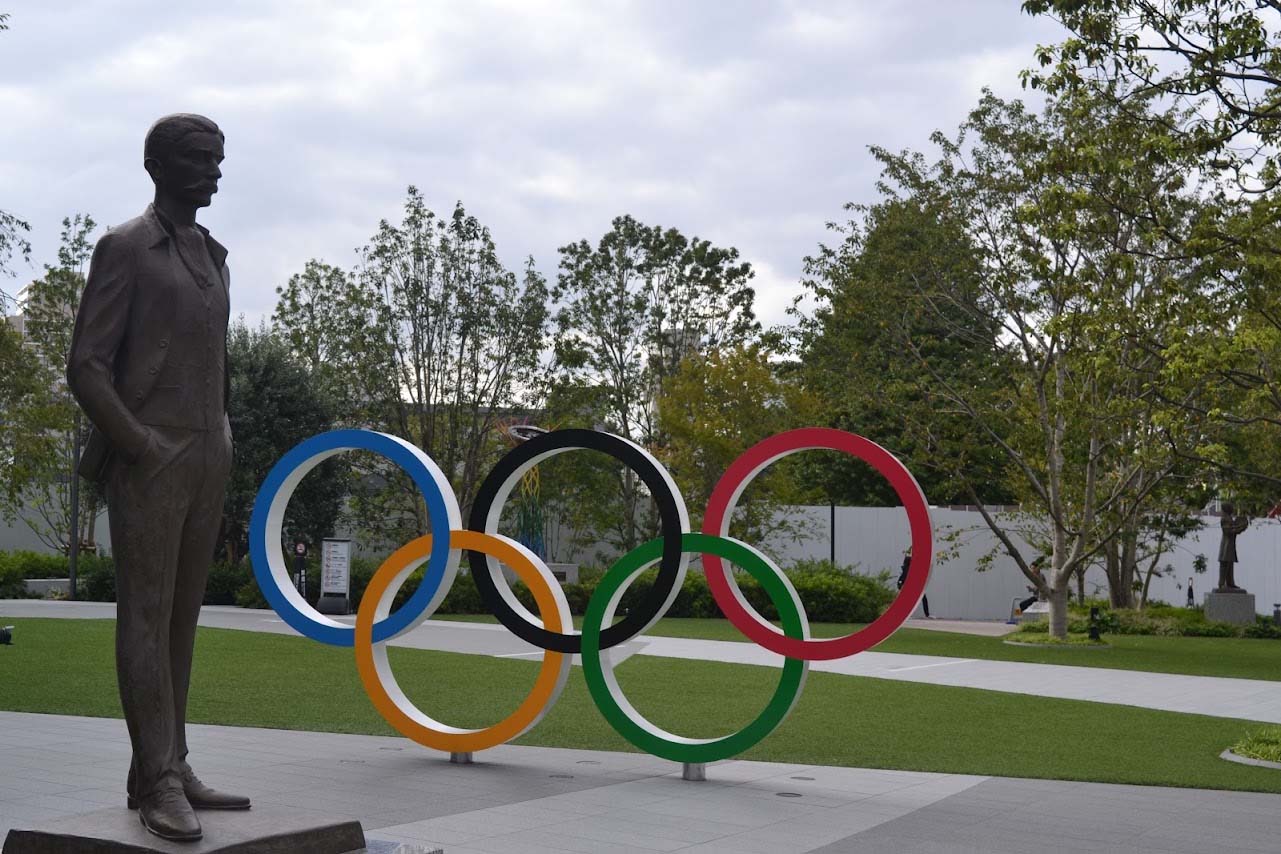
Internationalisation Revisited: The global role of Japan and China following the Tokyo 2020 and Beijing 2022 Olympic and Paralympic Games
- 5 & 6 September 2022
- Online
- https://www.sainsbury-institute.org/ja/events/internationalisation-revisited-the-global-role-of-japan-and-china-following-the-tokyo-2020-and-beijing-2020-olympic-and-paralympic-games/
- 01603 597507
- sisjac@sainsbury-institute.org
- Tweet
The Tokyo 2020 Olympic and Paralympic Games finally began in late July 2021 following a year-long delay due to the Covid-19 Pandemic. Earlier that month, hosted by the Sainsbury Institute for the Study of Japanese Arts and Cultures, Dr Christopher Hayes and Dr Duncan Breeze brought together an international group of scholars for the event ‘Internationalisation Interrupted’: a workshop that explored the global position of Japan during the build-up to Tokyo 2020. One year on, and two Olympic events later, we now once again invite scholars back for a follow-up event that considers the impact of the games in on Japan. Broadening our scope from last year, we also invite discussion on the global response to the Beijing 2022 Winter Olympics: an event that took place under different conditions of global scrutiny.
While last year’s research event considered the build-up to the Tokyo 2020 games, this year’s event ‘Internationalisation Revisited’ offers an opportunity to review global reaction since their occurrence. Historically seen as an opportunity for hosting nations to market a positive international image, the Olympics and Paralympics provide rich opportunities to investigate how nations communicate across borders. Tokyo 2020 occurred during a time of global anxiety and a weight of expectation due to the Covid-19 Pandemic. Though international attention during the preceding months was fixed on pandemic-prevention policies, political scandals and escalating costs, the games themselves ushered in more positive local and global reactions, thanks largely to successful pandemic-prevention procedures and a strong athletic performance from the host nation. Therefore, Tokyo 2020 perhaps mended some of the global criticism and rebuilt public trust in the political institutions that had previously been so heavily scrutinised. Correspondingly, the Beijing 2022 Winter Olympics and Paralympics were equally met with a range of positive and negative reactions from global commentators for social, political and humanitarian reasons that offer clues to how China positions itself and is perceived as a global entity.
Inviting participants (including those who presented last year) from multi-disciplinary backgrounds, we ask, how have the Tokyo 2020 and Beijing 2022 events and their aftermath developed our understanding of Japan and China from the perspective of identity and representation? Our aim is to encourage discussion on the various ways by which both events contributed to national and global discourse on the politics of self-identity in Japanese/Chinese or East Asian contexts. We are interested in how the host nations packaged and sold positive images of themselves throughout the games and how these were internationally perceived. Moreover, we also encourage debate on the more negative discourses that grew in the wake of the games, and explore the possibilities of the more detrimental global impact of the Olympics and Paralympics.
Internationalisation Revisited will take place online on Monday 5th and Tuesday 6th of September 2022.
If you have any questions, please contact us through Tokyo2020sisjac@gmail.com
